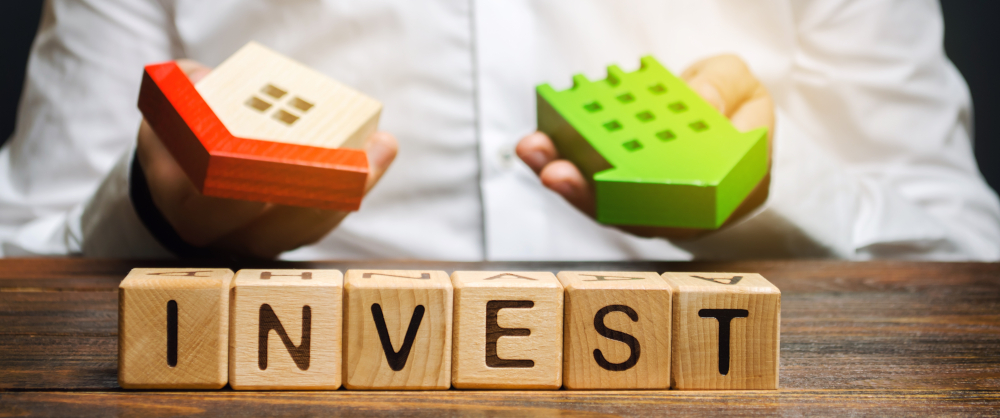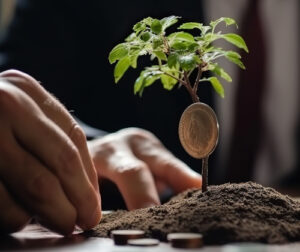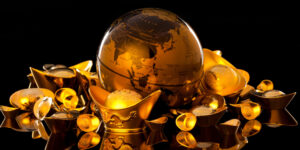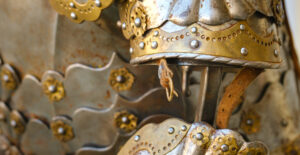
A powerful economic shift is underway across the African continent, driven by a strategic influx of Middle Eastern capital into the gold mining industry. Over the past decade, nations from the Gulf Cooperation Council (GCC), particularly the United Arab Emirates and Saudi Arabia, have invested more than US$100 billion into African infrastructure, with a growing focus on mineral extraction. Among the most sought-after resources is gold, a metal whose enduring value has turned it into both a financial safe haven and a cornerstone of industrial development.
Africa, home to some of the richest gold reserves in the world, is witnessing a new wave of investment aimed at modernising its mining sector, unlocking its resource potential, and establishing long-term commercial partnerships. With gold prices remaining robust, hovering above US$2,300 per ounce throughout 2024, the economic rationale for these investments has never been stronger.
From Resource Nationalism to Strategic Alliances
Unlike earlier waves of foreign investment, which often prioritised short-term gains, today’s Middle Eastern backers are pursuing long-term, mutually beneficial relationships with African host countries. This includes the formation of joint ventures, equity stakes in local mining companies, and support for exploration activities in underdeveloped regions.
In Ghana, the UAE’s sovereign wealth funds have partnered with local gold producers to finance new mining projects and upgrade refining facilities. In Mali and Côte d’Ivoire, Saudi-backed firms are investing in digitised operations and remote sensing technologies to improve mine yields and safety. These alliances are not only injecting capital but also fostering technology transfer and operational efficiencies, addressing longstanding challenges related to outdated infrastructure and artisanal mining practices.
GCC countries are focused on creating stronger trade corridors and refining capacities. The Dubai Multi Commodities Centre (DMCC), for example, has emerged as a pivotal node for African gold, facilitating transparent, tax-compliant trade from mine to market. By providing a trusted platform for bullion exchange and refining, the UAE is effectively positioning itself as a global hub for African gold exports.
These trade flows are further enhanced by new transport and logistics infrastructure projects funded by Gulf partners. From port expansions in East Africa to rail connections linking interior mining regions with international markets, the physical connectivity of Africa’s gold value chain is improving. This integrated approach is reinforcing economic ties between Africa and the Gulf while increasing the global competitiveness of African gold producers.
Local Economic Development and Skills Transfer
At the grassroots level, the impact of these investments is already being felt. New mining projects funded by Middle Eastern entities are generating employment across technical, administrative, and support functions. In many cases, foreign partners are also funding vocational training centres aimed at upskilling local talent in areas like geoscience, mining engineering, and environmental monitoring.
In Ethiopia and Sudan, for instance, Saudi-backed operations have established regional training hubs to support the sustainable development of the sector. These initiatives are designed to reduce dependence on foreign labour and create a pipeline of skilled professionals who can lead the next generation of mining operations across the continent.
 Moreover, investment in associated infrastructure, such as roads, water systems, and health clinics, often accompanies mining projects, creating multiplier effects that extend well beyond the boundaries of a single operation. While the economic benefits are clear, the influx of foreign capital also raises questions about sustainability and governance. Recognising this, many Middle Eastern investors are adhering to global ESG (Environmental, Social, and Governance) standards to mitigate risks and align with the expectations of international stakeholders.
Moreover, investment in associated infrastructure, such as roads, water systems, and health clinics, often accompanies mining projects, creating multiplier effects that extend well beyond the boundaries of a single operation. While the economic benefits are clear, the influx of foreign capital also raises questions about sustainability and governance. Recognising this, many Middle Eastern investors are adhering to global ESG (Environmental, Social, and Governance) standards to mitigate risks and align with the expectations of international stakeholders.
For example, some GCC-backed mining projects in West Africa are being developed with carbon-neutral targets, including renewable energy integration and water recycling systems. There is also an emphasis on transparent revenue sharing, with host governments implementing mining codes that promote fair taxation, community engagement, and environmental stewardship.
African regulators are becoming more sophisticated in managing these partnerships. Many are leveraging competitive bidding processes, local content requirements, and digital monitoring tools to ensure that foreign investments contribute meaningfully to national development objectives.
A Strategic Pivot Amid Global Uncertainty
From the perspective of the Gulf nations, investing in African gold is not just a financial decision, it’s a strategic hedge. As oil-dependent economies seek to diversify, gold offers a relatively stable asset class with intrinsic value and growing demand, particularly amid global inflation and geopolitical uncertainty.
These investments also align with broader initiatives like Saudi Arabia’s Vision 2030 and the UAE’s economic diversification plans, which call for building global linkages and securing long-term supply chains for critical materials. By forging closer economic ties with Africa, Gulf countries are not only gaining access to vital resources but also enhancing their geopolitical influence in an increasingly multipolar world.
Despite the promising outlook, the road ahead is not without hurdles. Political instability in some African states continues to pose risks for foreign investors, with issues such as regime changes, armed conflict, and corruption remaining persistent threats. The recent coups in countries like Burkina Faso and Niger have served as reminders of the volatility that can unsettle even well-structured investment plans.
Additionally, social unrest related to land disputes, environmental concerns, and labour conditions can derail mining projects if not properly managed. Middle Eastern investors must therefore ensure that their operations maintain a strong social licence to operate, with genuine engagement from affected communities and civil society organisations. Financial risk is another concern. The capital-intensive nature of mining means that returns can take years to materialise, and any sustained dip in global gold prices could pressure margins. As such, most successful partnerships are those with diversified portfolios and patient investment timelines.
Despite these challenges, the outlook for Middle Eastern investment in African gold remains highly positive. The combination of resource richness, rising global demand, and improving regulatory environments is creating a fertile ground for sustainable growth. As both regions seek to redefine their economic futures, gold mining is emerging as a natural point of convergence. Looking forward, we can expect to see greater collaboration between African governments and Middle Eastern sovereign wealth funds, investment banks, and mining firms. These partnerships are likely to extend into related areas such as green energy, logistics, and digital infrastructure, further cementing the role of gold as a strategic asset in a new era of global development.
By building transparent, responsible, and long-term partnerships, Africa and the Gulf are not only redefining the future of gold mining but also creating a model for international cooperation that balances profit with purpose.



